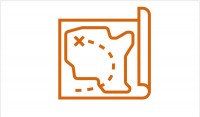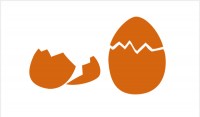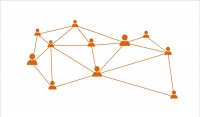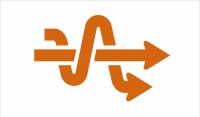Behavioral Choice Theory
Economics is often interpreted as the study of how people make choices in the allocation of their resources. Microeconomics hinges on this process through which agents come to make decisions and then act on these decisions. Indeed as much of contemporary economics is considered to be derivable from micro foundations, choice theory plays a foundational role in the whole contemporary enterprise of economics. However, how we combine our beliefs and desires to make decisions and then act on them is widely considered to be a major unresolved puzzle.
The standard approach to interpreting human choices within an economic context became formalized into the idea of rational choice theory. The limitations of rational choice theory have long since been noted, but today they are coming under increasing critique and once again leaving open the question of how people really make their choices in an economic context.
In this paper, we explore both the standard approach of rational choice theory and newly emerging approaches based on behavioral economics and agent-based modeling. We will look at each aspect that supports the rational choice model, including consistent choice, utility, model expectations, the representative agent, methodological individualism and the macro-level equilibrium outcomes that it leads to.
In parallel to this, we will examine how these assumptions only really hold in simpler environments and have significant constraints when dealing with complexity. We look at the idea of heterogeneous value, adaptive choice, heterogeneous agents and agent-based modeling, the limitations to methodological individualism and non-equilibrium macro-level outcomes.







